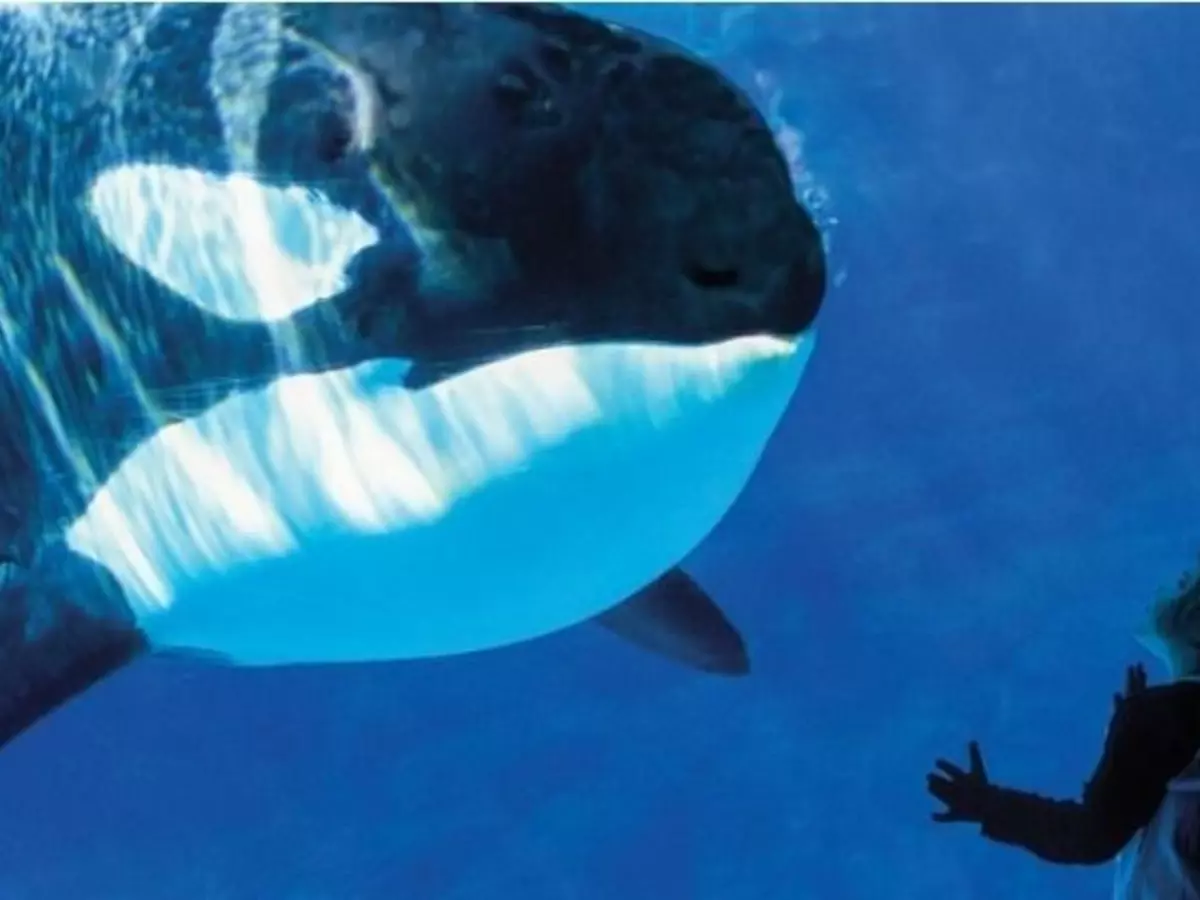Researchers Have Found Killer Whale Can Imitate Human Speech, Though Not As Well As Parrots
It might be a huge step towards understanding why groups of whales have unique dialects.

An international team of researchers working with orcas in France say they¡¯ve found the animals able to replicate the sounds of human speech.

The study¡¯s lead author Jos¨¦ Zamorano-Abramson, and his partner, say the creatures make sounds similar to the words ¡°hello¡±, ¡°bye-bye¡±, and even imitate blowing a raspberry or another orca¡¯s cry.
Of course, while this particular study focuses on two orcas in an aquarium, the implications extend to others in the wild too. What it means is that killer whales could be capable of learning each other¡¯s vocal patterns. This fits in with previous research that indicates groups of whales have their own dialect, called traditions or cultures¡±. It¡¯s possibly through this ability to imitate that the young then obtain the same dialect.
Working with Wikie, an orca born in captivity that had already been trained to imitate another orca on command, the researchers began training her to imitate sounds instead of actions. Starting out with sounds she already knew like a noisy breath or a high-pitched chirping, they then graduated to some she¡¯d never heard before.
When imitating human sounds, Wikie caught onto ¡°hello¡± and ¡°one-two-three¡± on her very first attempt, although some others took longer. And all of this is despite the fact the orca was making sounds in the air, not underwater as she would in the wild. And while not as recognisable a copy as a parrot¡¯s for instance, it does show how flexible the animals are.
